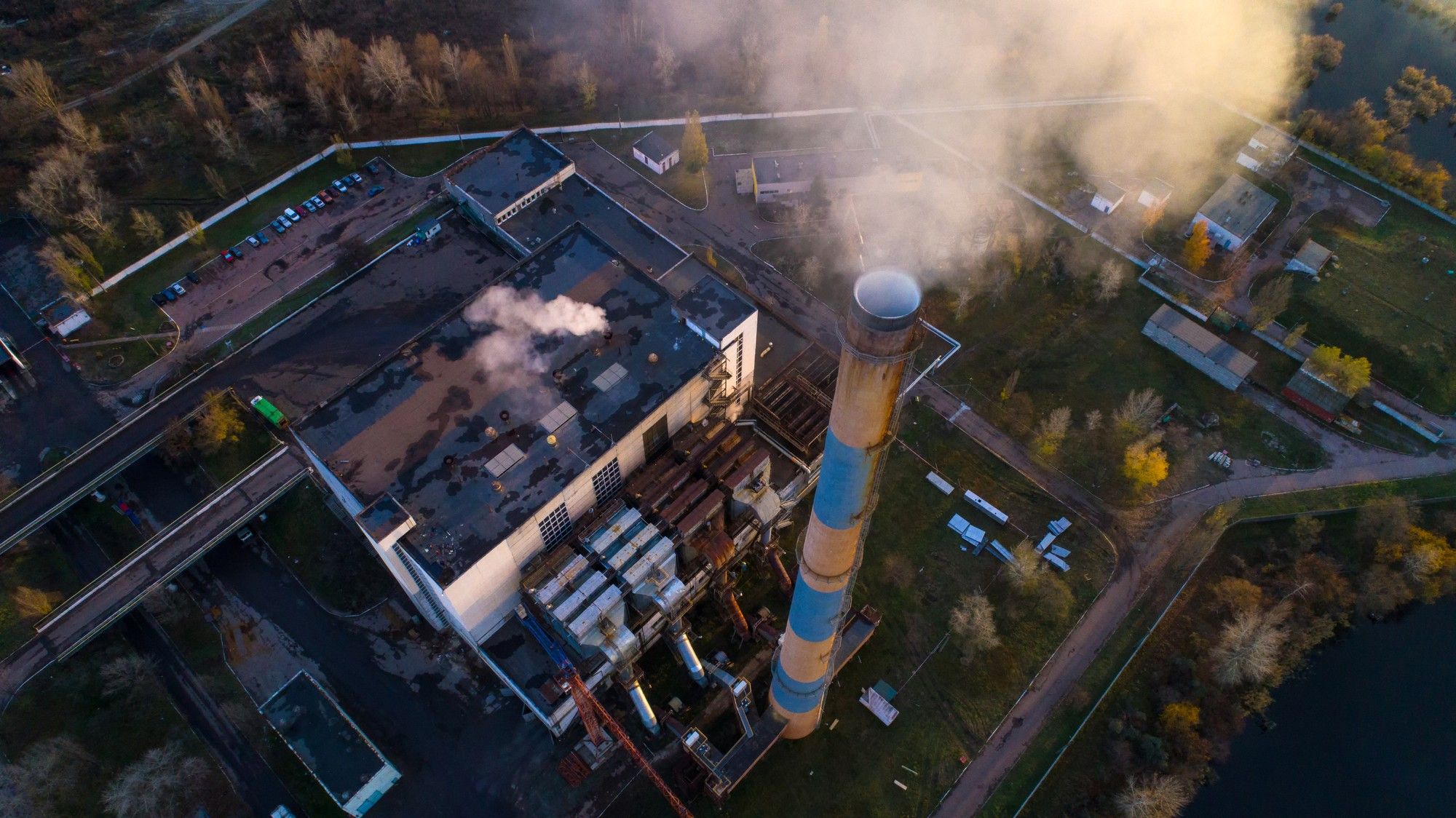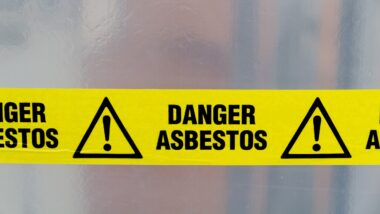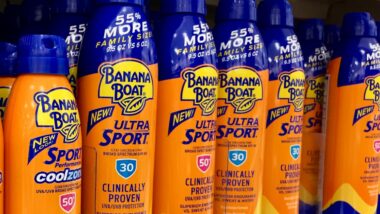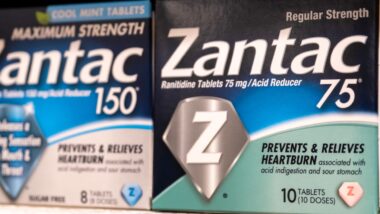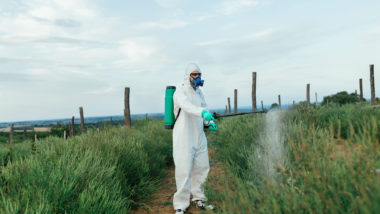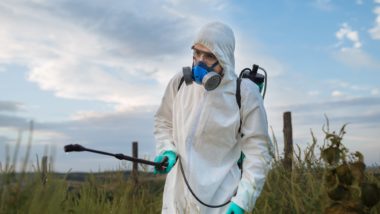Top Class Actions’s website and social media posts use affiliate links. If you make a purchase using such links, we may receive a commission, but it will not result in any additional charges to you. Please review our Affiliate Link Disclosure for more information.
The Norlite incinerator plant in New York is one of the few plants contracted with the Department of Defense to dispose of firefighting foam. But while the incinerator is intended to be a safe method of disposing of the substance, it may actually be spreading toxic chemicals from the firefighting foam into nearby communities.
The Norlite incinerator is just one of four plants licensed by the DOD to dispose of toxic aqueous film forming foam, known as AFFF or simply firefighting foam.
But instead of safely disposing of the firefighting foam, the Norlite incinerator may instead be spreading chemicals to the surrounding communities. Students and faculty researchers at Bennington College in Vermont, which borders New York, conducted tests of both water and soil samples in the area around the Norlite facility. Preliminary results of the analysis from the lab they sent it to you suggests that incineration of the firefighting foam isn’t adequately breaking down the dangerous chemicals.
“Far from destroying AFFF, the Norlite facility seems to be raining down a witches brew of polyfluoronated compounds on the poor and working class neighborhoods in Cohoes, New York,” said David Bond, the Bennington professor of anthropology and environmental studies who led the research, on a press call.
The results of the research indicate the possibility that the Department of Defense may not have conducted an adequate environmental review of what was needed to properly destroy the toxic chemicals known as PFAS in firefighting foam.
In February, environmental and community groups banded together to sue the DOD over its contracts with Norlite and the other incinerators across the country, alleging that the process is dangerous and does not adequately break down the chemicals, which are created purposely to be resistant to flames and may need to meet a much higher temperature threshold before being destroyed.

The researchers found that New York’s Department of Environmental Conservation has known about the burning of AFFF foam at the Norlite plant since 2018, but that the facility didn’t warn the nearby public about potential issues, or conduct adequate testing to ensure the safety of those nearby.
While the Norlite plant temporarily suspended its AFFF incineration, it will start this process again in May or June.
Lawmakers are fighting back against this at a local level, pushing for the suspension of AFFF incineration to last for at least a year as more research is done into the health risks and adequate disposal measures. Researchers are pushing for a permanent statewide ban on the incineration of PFAS.
What Are PFAS?
Per- and polyfluoroalkyl substances (PFAS) are man-made chemicals used in a number of industries in the U.S. and across the globe. While these chemicals have been useful in manufacturing industries, they are also difficult to destroy because they don’t naturally break down, and instead accumulate over time. Exposure to PFAS has been linked with adverse human health effects.
Exposure to PFAS has been linked with a number of issues, such as tumors, infant birth weight problems, immune system effects, cancer, and thyroid hormone disruption. Exposure to even small amounts of PFAS has been linked with cancer. A new study from Yale suggests that exposure to PFAS may also increase a person’s risk of miscarriage.
Filing a Lawsuit Over Toxic Firefighting Foam
If you or someone you love has been diagnosed with breast cancer, kidney cancer, pancreatic cancer, prostate cancer, or testicular cancer after exposure to firefighting foam, you may be able to file a lawsuit and pursue compensation. Filing a lawsuit cannot take away the pain and suffering caused by a cancer diagnosis, nor can it bring a loved one back to life, but it can at least help to alleviate the financial burden incurred by medical expenses, lost wages, and more.
Filing a lawsuit can be a daunting prospect, especially while dealing with something as serious as a cancer diagnosis, so Top Class Actions has laid the groundwork for you by connecting you with an experienced attorney. Consulting an attorney can help you determine if you have a claim, navigate the complexities of litigation, and maximize your potential compensation.
If you or someone you love developed cancer after being exposed to firefighting foam, you may have a legal claim. Fill out the form on this page now to find out if you qualify to participate in a free firefighting foam lawsuit investigation.
ATTORNEY ADVERTISING
Top Class Actions is a Proud Member of the American Bar Association
LEGAL INFORMATION IS NOT LEGAL ADVICE
Top Class Actions Legal Statement
©2008 – 2024 Top Class Actions® LLC
Various Trademarks held by their respective owners
This website is not intended for viewing or usage by European Union citizens.
Get Help – It’s Free
Join a Free Firefighting Foam Cancer Class Action Lawsuit Investigation
If you qualify, an attorney will contact you to discuss the details of your potential case at no charge to you.
PLEASE NOTE: If you want to participate in this investigation, it is imperative that you reply to the law firm if they call or email you. Failing to do so may result in you not getting signed up as a client or getting you dropped as a client.
Oops! We could not locate your form.

